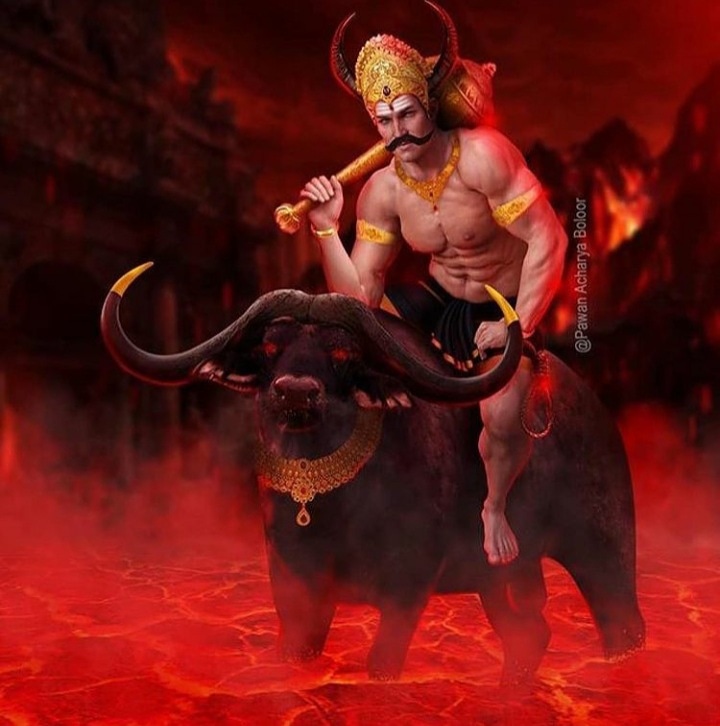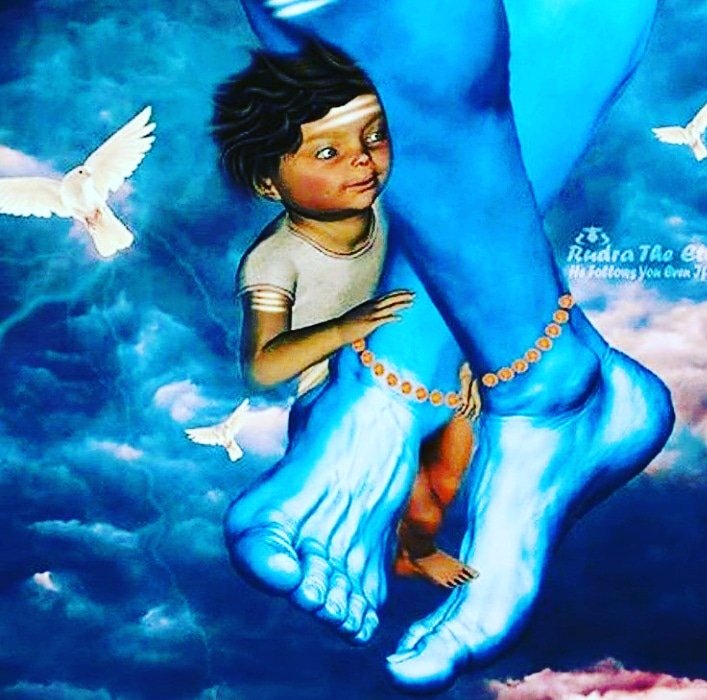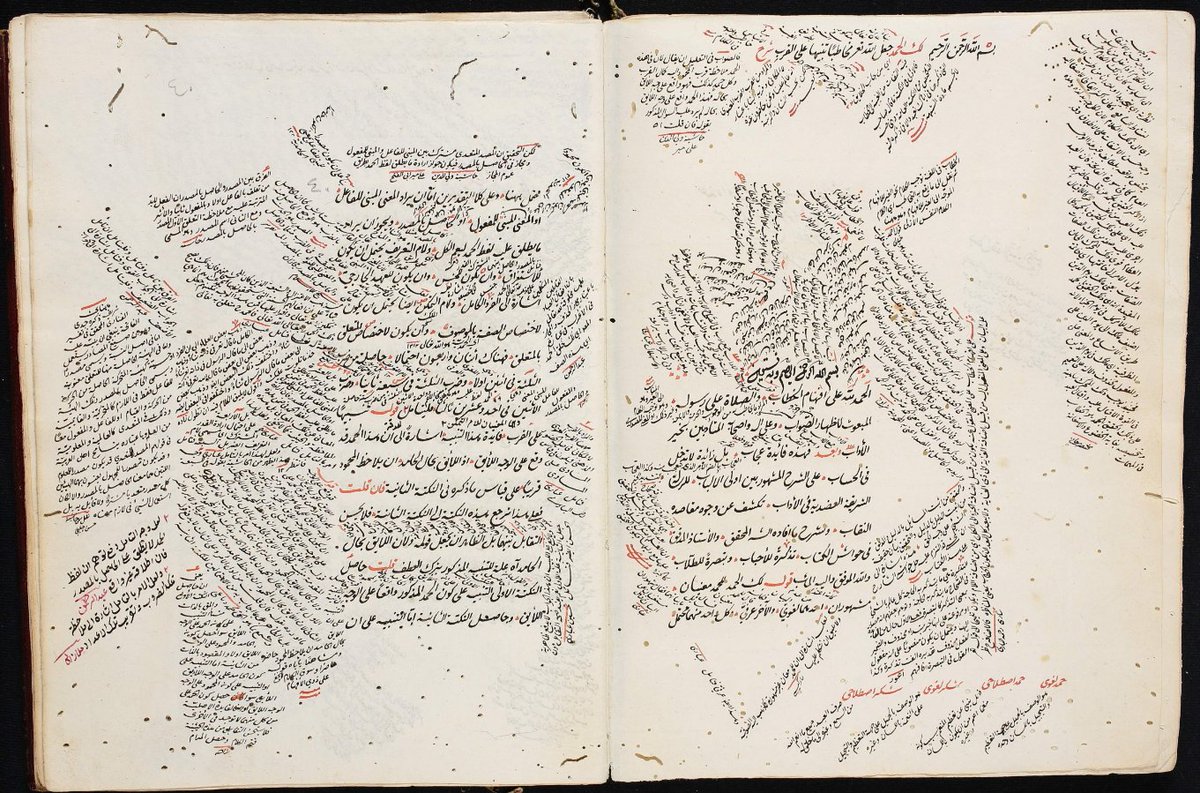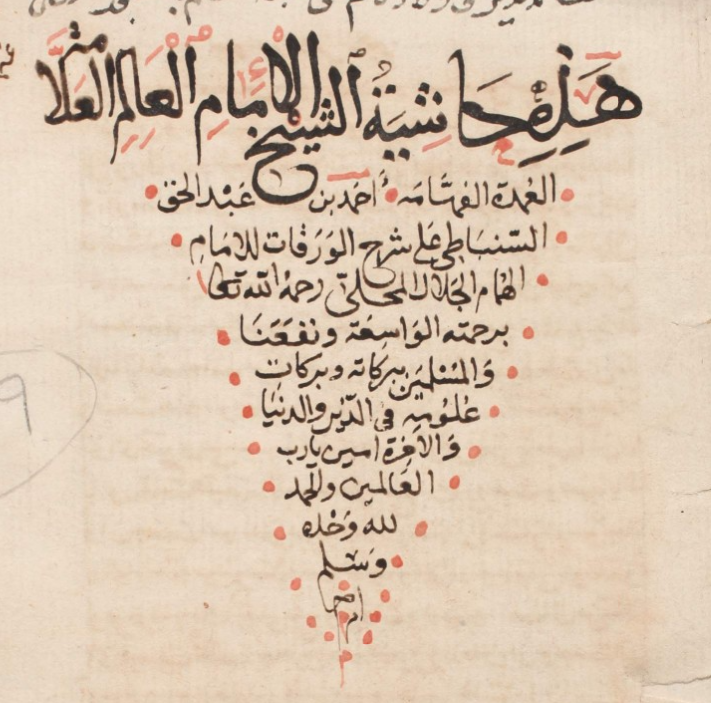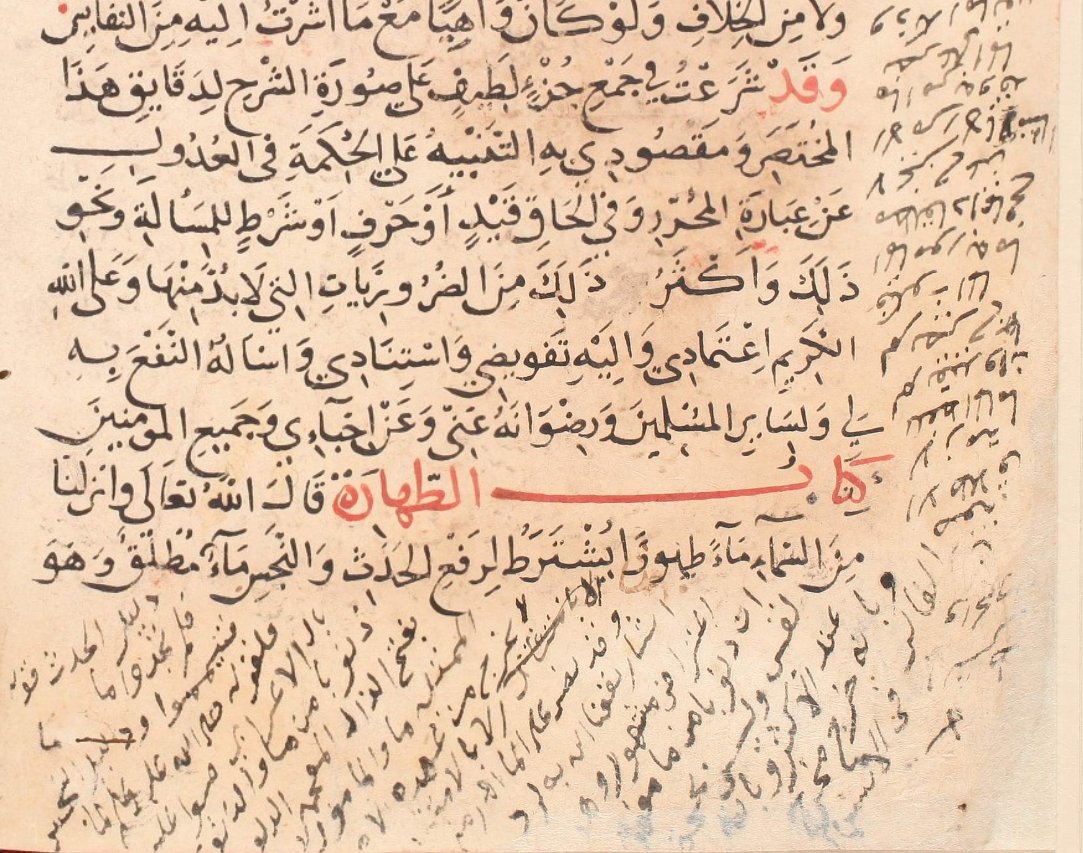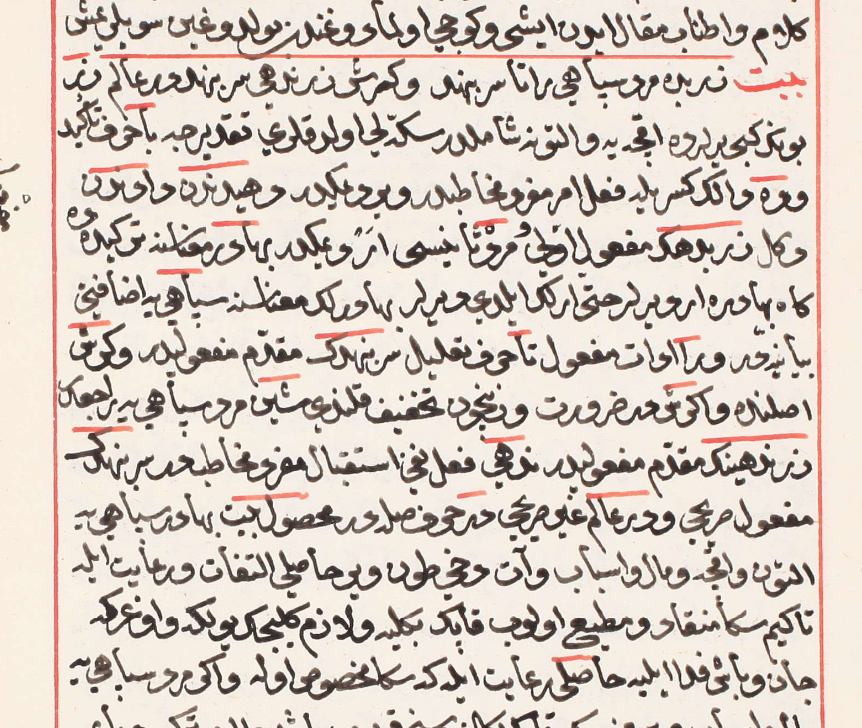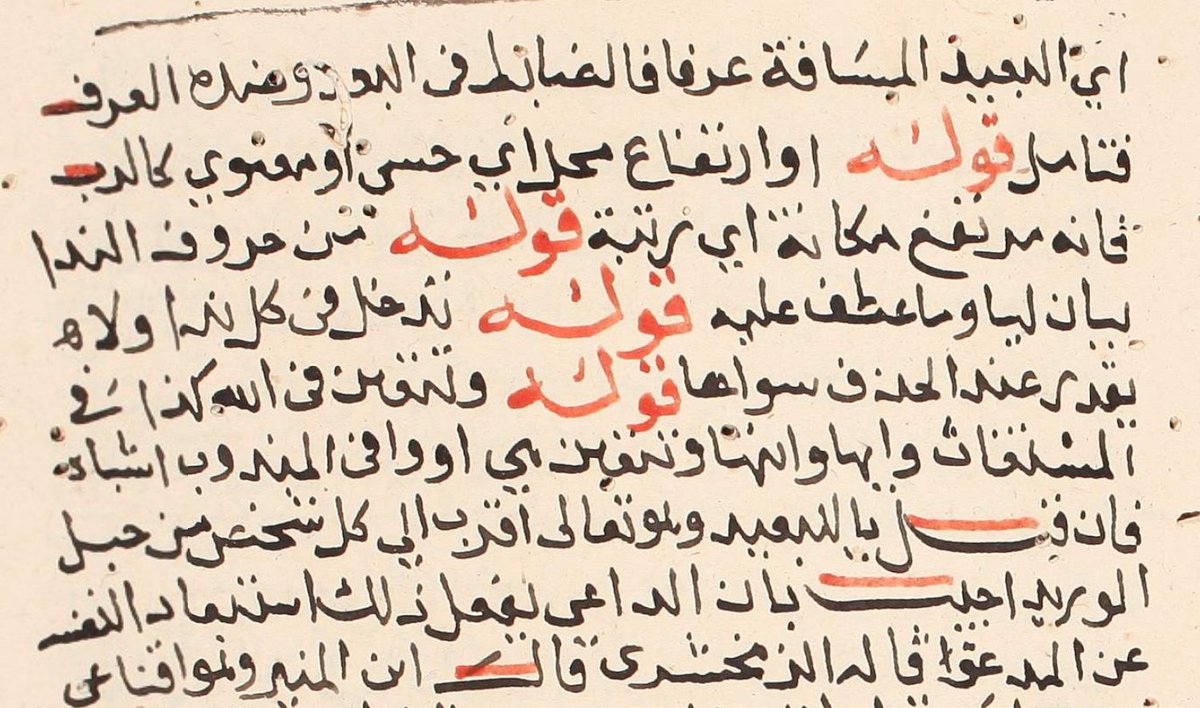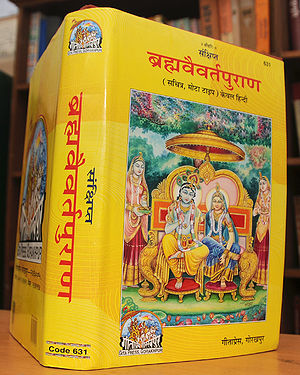
-THREAD- THE DEMETEREAN ARCHETYPE, Goddess of Grain, Nurturer and Mother
Previous threads about archetypes:
-Artemis: https://t.co/aJQbTNLeu5
-Athena: https://t.co/ONWmaojGyn
-Hestia: https://t.co/ize4ZvAv8J
-Hera: https://t.co/kB946w4Uxc



She represents maternal instinct fulfilled through pregnancy or providing physical, psychological or spiritual nourishment to others. This goddess was provider of food (Grain) and spiritual sustenance (through the Eleusinian Mysteries).

On the biological level, she represents the desire to become pregnant and have a baby. Facing an unplanned pregnancy, Demeterean women are the less likely to have an abortion, and, if they have, they will feel grief rather than relief.

Feeding others is a satisfaction for her. She finds nursing her own child tremendously satisfying, and it gives her pleasure to provide meals for family and guests. She is often attracted by countryside life and growing her own food.

Maternal persistence is her attribute. She refuses to give up when the welfare of her children is involved. Many special education classes for handicapped children exist because a Demeter mother fought to get what her child needed.

In mythology, she was the most generous goddess. She gave us agriculture, helped raise Demophoön and provided the Eleusinian Mysteries. Some Demeter women thus provide tangible food and physical care, others give spiritual nourishment.

When Demeter is a strong archetype, she may suffer from "empty nest and emptiness" depression. Then, rather than rage and actively strike out at those she holds responsible (like Hera) she grieves, her life feeling devoid of meaning.

When grieving Demeter stopped functioning in mythology, nothing would grow and famine threatened to destroy humankind. Similarly, the destructive aspect of Demeter is expressed by withholding what another person needs.

She is usually a little mother who cradles baby dolls in her arms, while little Hera prefers Barbie and Ken dolls and little Athena historical dolls. Young Demeter also likes to hold real babies: at 10 she's eager to babysit for her neighbors.

Under the influence of hormones, some teen Demeters start yearning to become pregnant. They are the most likely to welcome the child if they have been coerced into sex at adolescence.

If they don't marry young & go to college, they will probably take courses geared toward preparing them to enter a helping profession.
Her archetype predisposes her to enter the nurturing or helping professions; she is drawn towards "traditionally feminine" jobs such as teaching, social work or nursing. Some Demeter women even become key figures in organizations.

She isn't competitive with other women for men or achievements: any envy, jealousy of other women will concern children. She usually has mixed feelings about feminism: she resents it for devaluing the role of motherhood, but (...)

She attracts men who feel an affinity for maternal women. A true-to-type Demeterean women doesn't do the choosing, but rather responds to a man's need for her. She may even be with a man because she feels sorry for him.

Demeterean women + "son-lover" men, who are sensitive and talented men who feel unappreciated or misunderstood by others. They are immature, self-absorbed boys with a sense of specialness ;
When Demeter is the strongest goddess element in a woman's personality, her sexuality is usually not very important. Those women are either warm, affectionate, feminine persons who would just cuddle instead of making love, or they are (...)
Marriage in itself is not an overriding priority for them as it is for Hera women. Most Demeter women only want to get married in order to form a family; they see marriage as a necessary step and as the best situation to bear and raise children.
She feels a deep need to be a biological mother. She wants to give birth and nurse her own children. She can also be a loving foster mother, adoptive mother or stepmother, but she would feel barren if she cannot have a child of her own.


In another situation, some Demeter mothers always fear that something bad may happen.
The midlife period is very important for her: if she has not had a child, she is preoccupied with her biological clock. Fertility specialists may be consulted, adoption may be considered, as the possibility of becoming single mothers.
In their laters years, Demeterean women often fall into 2 categories:
Many find this phase very rewarding. They are active, busy women who have learned from life and who are appreciated by others for their down-to-earth wisdow and generosity ;


Being incapable to say no;
Unplanned pregnancies;
Infantilizing people;
Overcontrolling people;
Fostering dependancy;
Passive-agressive behavior (stem for the fact that they're being exploited w/o the ability to express it directly);
Depression;
A Demeterean woman must be able to choose when and with whom she will have a baby. She needs to recognize that the Demeter within her has no interest in the realities of her life and no concern for timing.
To recover from depression, the myth of Demeter itself presents two solutions.


-END OF THREAD-
More from Religion
You May Also Like
One of the most successful stock trader with special focus on cash stocks and who has a very creative mind to look out for opportunities in dark times
Covering one of the most unique set ups: Extended moves & Reversal plays
Time for a 🧵 to learn the above from @iManasArora
What qualifies for an extended move?
30-40% move in just 5-6 days is one example of extended move
How Manas used this info to book
Post that the plight of the
Example 2: Booking profits when the stock is extended from 10WMA
10WMA =
Another hack to identify extended move in a stock:
Too many green days!
Read
Covering one of the most unique set ups: Extended moves & Reversal plays
Time for a 🧵 to learn the above from @iManasArora
What qualifies for an extended move?
30-40% move in just 5-6 days is one example of extended move
How Manas used this info to book
The stock exploded & went up as much as 63% from my price.
— Manas Arora (@iManasArora) June 22, 2020
Closed my position entirely today!#BroTip pic.twitter.com/CRbQh3kvMM
Post that the plight of the
What an extended (away from averages) move looks like!!
— Manas Arora (@iManasArora) June 24, 2020
If you don't learn to sell into strength, be ready to give away the majority of your gains.#GLENMARK pic.twitter.com/5DsRTUaGO2
Example 2: Booking profits when the stock is extended from 10WMA
10WMA =
#HIKAL
— Manas Arora (@iManasArora) July 2, 2021
Closed remaining at 560
Reason: It is 40+% from 10wma. Super extended
Total revenue: 11R * 0.25 (size) = 2.75% on portfolio
Trade closed pic.twitter.com/YDDvhz8swT
Another hack to identify extended move in a stock:
Too many green days!
Read
When you see 15 green weeks in a row, that's the end of the move. *Extended*
— Manas Arora (@iManasArora) August 26, 2019
Simple price action analysis.#Seamecltd https://t.co/gR9xzgeb9K




